National Assembly deputies press the button to approve the National Assembly Resolution on reducing value added tax. (Photo: DUY LINH)
On the morning of June 17, continuing the 9th Session, the National Assembly passed a Resolution on reducing value added tax, with 452/453 delegates in favor (accounting for 94.56% of the total number of delegates).
Resolution on reducing the value added tax rate by 2%, applicable to groups of goods and services specified in Clause 3, Article 9 of Law on Value Added Tax No. 48/2024/QH15 (to 8%), except for the following groups of goods and services: telecommunications, financial activities, banking, securities, insurance, real estate business, metal products, mining products (except coal), goods and services subject to special consumption tax (except gasoline).
This Resolution takes effect from July 1, 2025 to December 31, 2026.
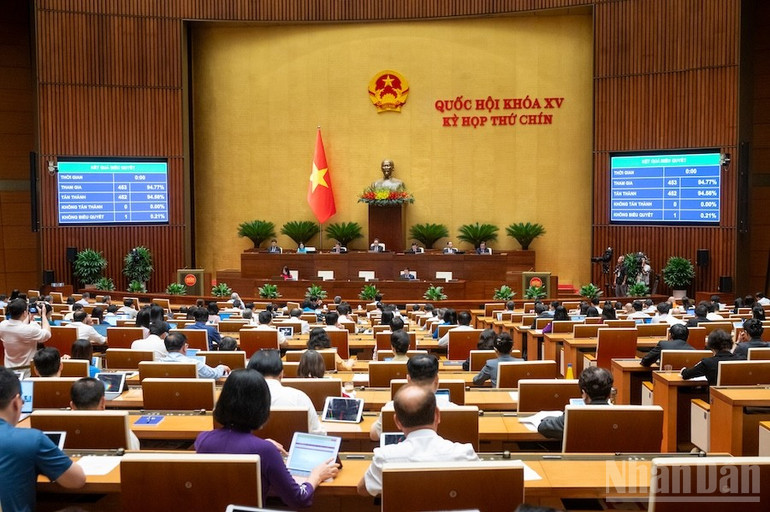
This Resolution takes effect from July 1, 2025 to December 31, 2026. (Photo: DUY LINH)
Expanding the tax reduction target group
Previously, in the report on receiving, explaining and revising the draft Resolution on reducing value added tax, Minister of Finance Nguyen Van Thang said that some opinions proposed to apply a 2% reduction in value added tax for all goods. However, there were also opinions suggesting that instead of reducing 2% for many subjects, a 4-5% reduction should be applied to the right subjects in need of support.
Regarding this content, the Government reports as follows: In the draft Resolution, the Government proposes to continue reducing the value added tax rate by 2% for groups of goods and services currently applying a tax rate of 10% (to 8%), except for some groups of goods and services that are not subject to reduction.
The Minister emphasized: This draft Resolution expands the subjects eligible for tax reduction compared to the provisions of previous National Assembly Resolutions and extends the tax reduction period until the end of 2026. Accordingly, transportation, logistics, goods, and information technology services are eligible for tax reduction.
In addition, according to the provisions of the law on value added tax, teaching, vocational training and medical services are not subject to value added tax, so there is no need to reduce tax.
In addition, services such as finance, banking, securities, and insurance are not subject to value added tax, so there is no need to reduce the tax increase, while telecommunications and real estate services are industries that have grown in recent times and are also not subject to tax increase reduction according to the provisions of Resolution No. 43/2022/QH15.
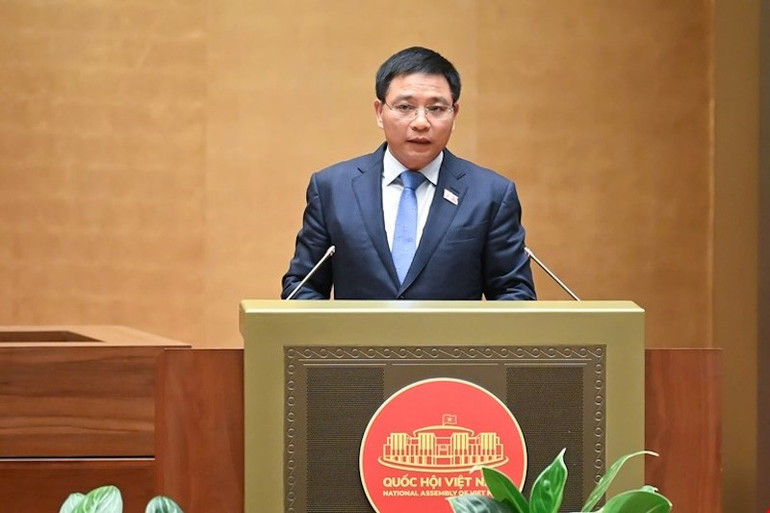
Minister of Finance Nguyen Van Thang. (Photo: QH)
Regarding the impact of the tax reduction policy on revenue estimates and budget deficit, Mr. Thang expressed concerns about fiscal policy because continuing to implement the tax reduction policy will affect spending tasks. He suggested carefully assessing how the implementation of this policy will affect revenue estimates and budget deficit; it is necessary to review and compare data on tax arrears, late tax payment, tax evasion, and continue to resolutely implement the work of collecting the State budget.
Regarding this content, the Government reported as follows: In Submission No. 206/TTr-CP dated April 16, 2025, the Government reported that the expected policy of reducing 2% of the tax rate increase will reduce the State budget revenue in the last 6 months of the year by about 39.54 trillion VND, and in 2026, it will decrease by about 82.2 trillion VND.
Reducing value added tax has the effect of reducing state budget revenue but also has the effect of stimulating production, promoting production and business activities, thereby contributing to creating more revenue for the state budget (including the possibility of increasing revenue from other taxes thanks to the spillover effect of the tax reduction policy).
In order to compensate for the revenue shortfall due to policy implementation, the Government will focus on directing the State budget collection, strengthening management, reforming administrative procedures, promoting digital transformation in tax management, especially in key areas and areas, land revenue, real estate transfer, e-commerce activities, and business activities on digital platforms.
The Government aims to achieve a State budget revenue of about 10% higher in 2025 than the estimated performance in 2024.
The Minister of Finance emphasized that the Government will direct the management of budget expenditures closely, increase savings in expenditures; proactively use reserves and other legal resources to spend on prevention and control of natural disasters, epidemics and urgent tasks that arise.
Source: https://baotuyenquang.com.vn/giam-2-thue-gia-tri-gia-tang-den-het-nam-2026!-213638.html


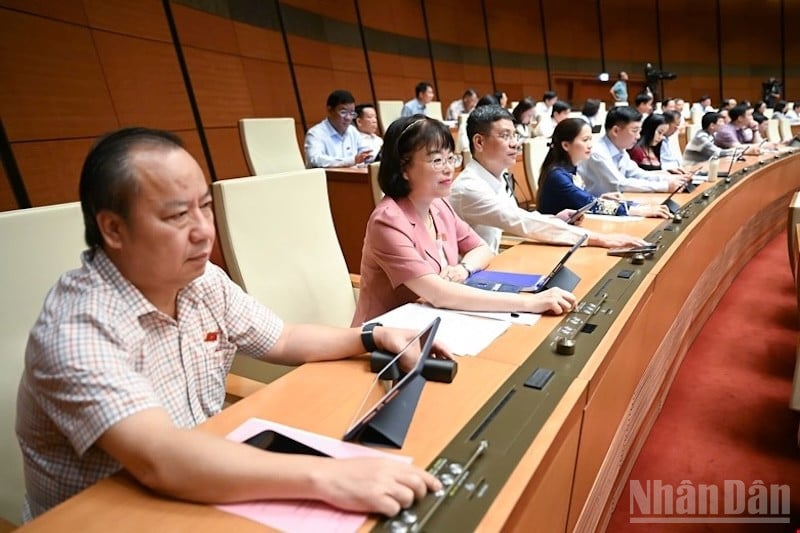
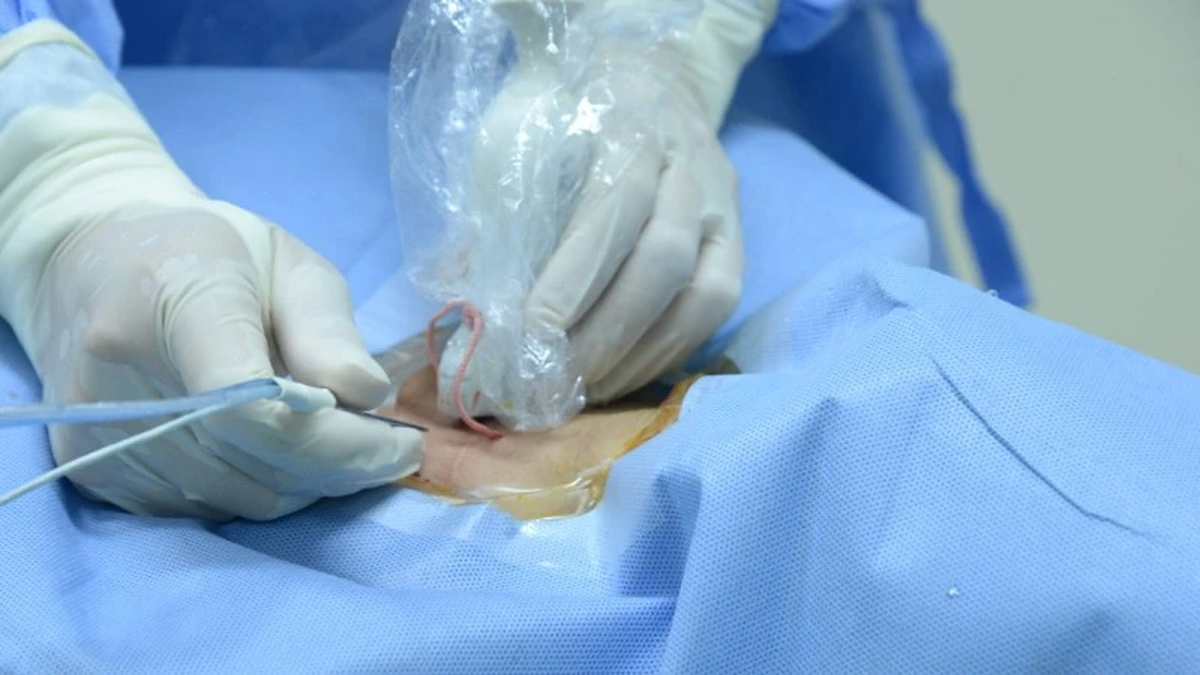
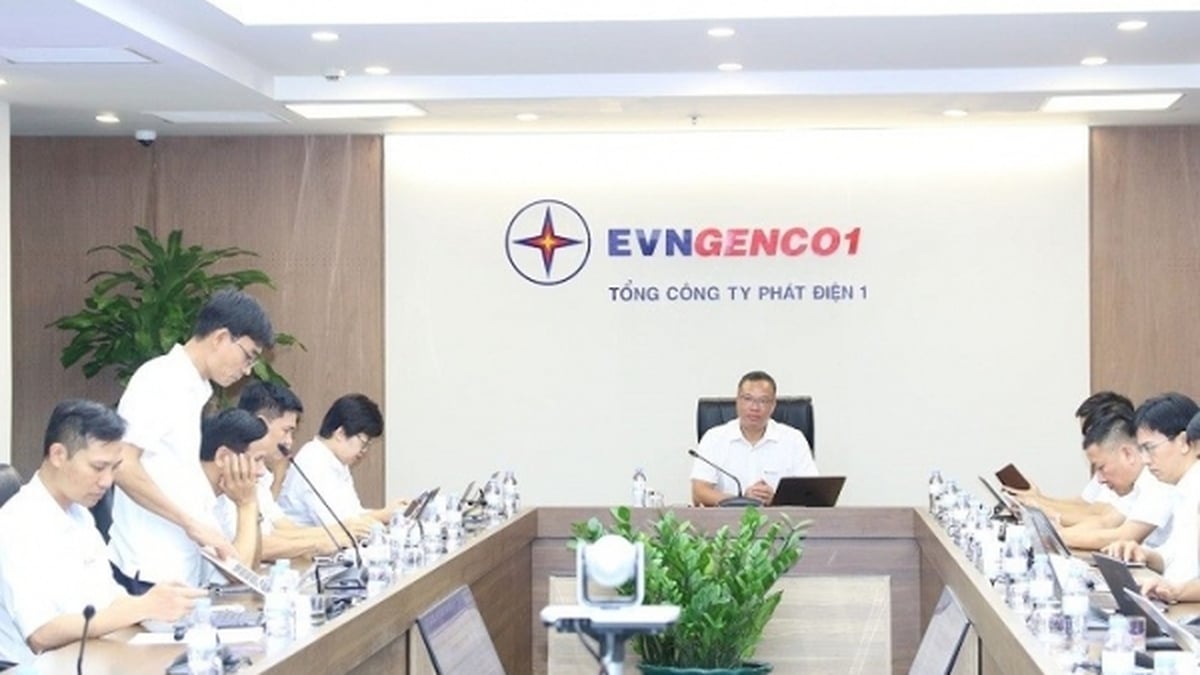
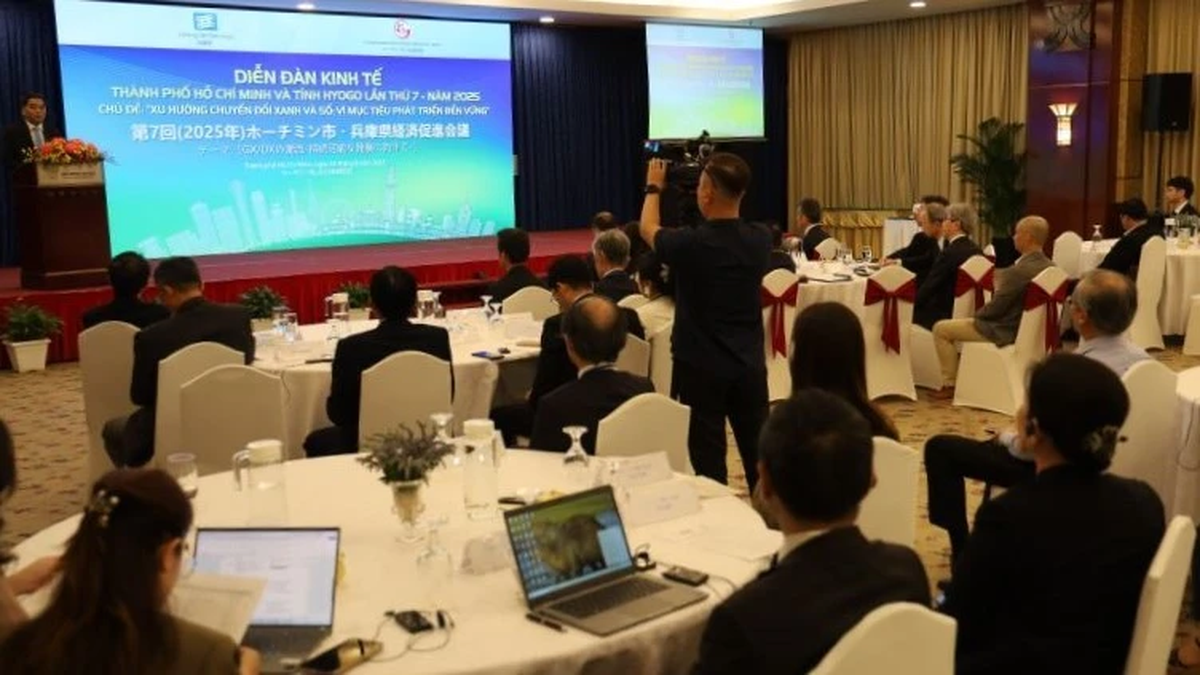

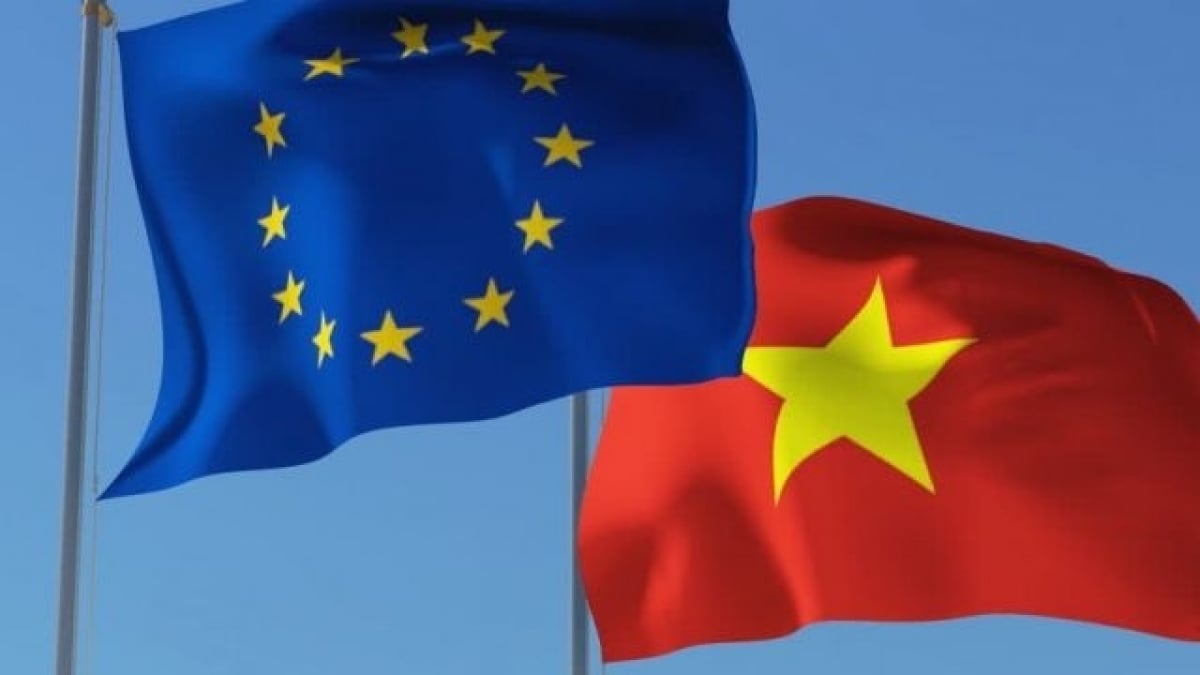
























































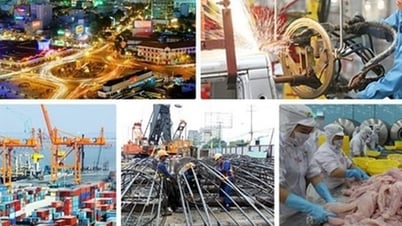


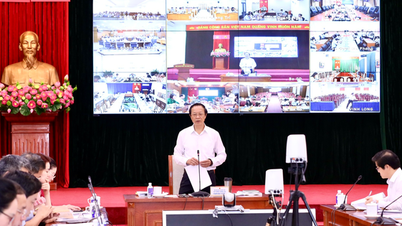


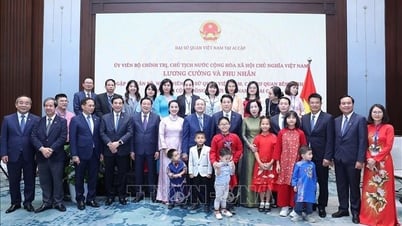





























Comment (0)